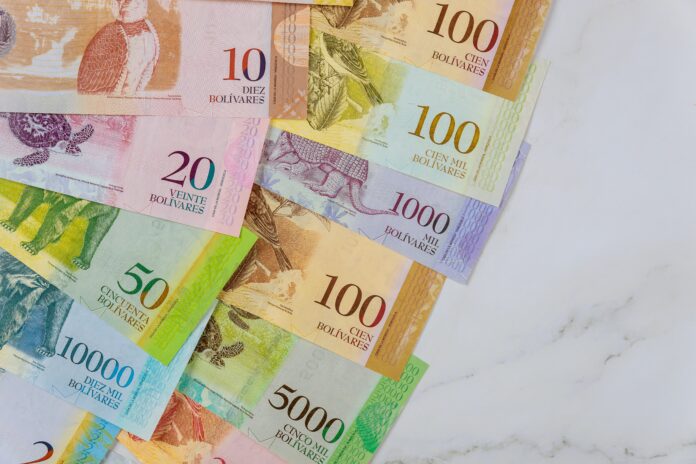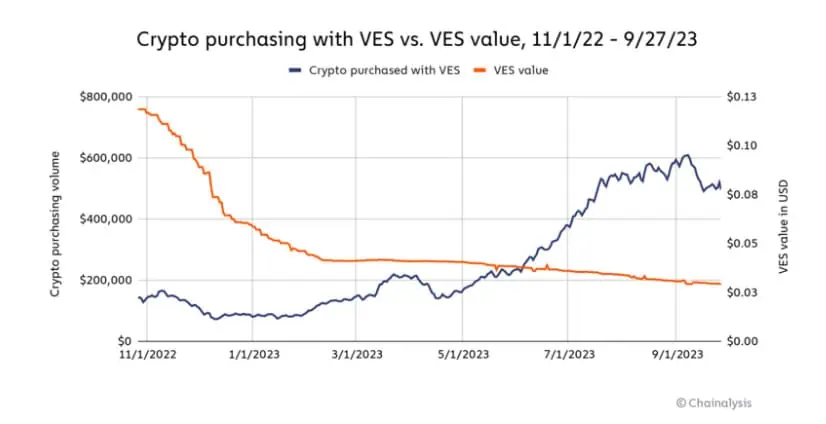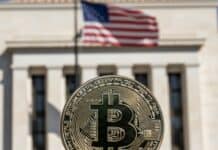
The Venezuelan government has implemented a series of restrictions that affect key platforms such as Binance, Mercadolibre and social networks, including X (formerly Twitter).
The measures implemented by the current Venezuelan government have unleashed a new wave of concern among Venezuelans, especially those who have resorted to the use of cryptocurrencies as an alternative to escape the economic crisis in the country.
Binance access restrictions imposed in Venezuela
On August 10, the Binance platform, one of the largest in the crypto world, confirmed to its Venezuelan users that its website is being blocked in Venezuela. This restriction, as reported by several organizations in the country, was carried out through un DNS blocking, which prevents Venezuelans from accessing the platform in a conventional way using public Internet services.
In response, the platform issued a statement ensuring that its users' funds are safe. "We are monitoring the situation closely to address it in the best and quickest way possible," the company indicated. However, the lack of clarity about the reasons behind These restrictions have left many users uneasy, since the platform is commonly used for transactions and remittances, which are vital in this country in the midst of the crisis.
Cryptocurrency trading in Venezuela
Cryptocurrencies have become one of the preferred alternatives for Venezuelans to receive payments or save without being affected by high inflation or existing restrictions on purchasing foreign currency. According to Chainalysis, in its report on cryptocurrency adoption in Latin America, which was published in October, Venezuela has become the seventh most important cryptocurrency economy in the region.
This gives us an example of the importance and usefulness that digital assets have gained among Venezuelan citizens, who face notable hyperinflation and devaluation of their fiat currency, the bolivar, and political repression on a daily basis.
The blockchain analysis firm he highlighted that in Venezuela cryptocurrencies, especially stablecoins, have helped users receive remittances from abroad and preserve their value, which is why many people have turned to these crypto assets as a means of refuge to maintain their purchasing power.

Source: Chainalysis
In this context, cryptocurrency exchange platforms have been fundamental for Venezuelans' access to crypto assets, facilitating the receipt of remittances from abroad and digital exchange operations. However, with recent restrictions imposed by the national government, users' ability to access crypto assets is increasingly compromised, threatening to slow the growth of the crypto industry and limiting the options available to those seeking alternatives in a increasingly hostile economic environment.
A worrying trend among Venezuelans
In addition to the blocking of Binance, access to other websites in Venezuela, such as the social platform X, the e-commerce platform Free market, the content and news platform Reddit and the streaming service Disney + It has also been restricted in the country.
This is all part of a broader trend that has seen authorities tighten control over access to information and digital services. In recent days, restrictions have also been reported on access to the Proton VPN service, operated by the Swiss company Proton AG, accentuating the climate of uncertainty among Internet users in the country.
Several organizations, such as VE sin Filtro, have stressed that although some users may find ways to circumvent the current restrictions, the situation poses a significant risk to the ability of Venezuelans to operate and thrive in a digital environment.


